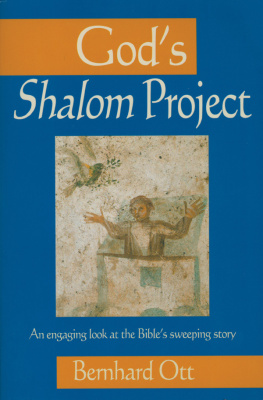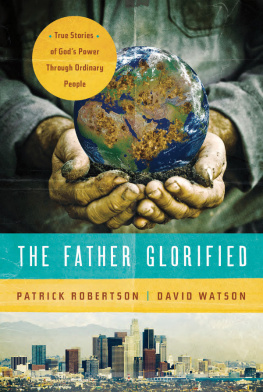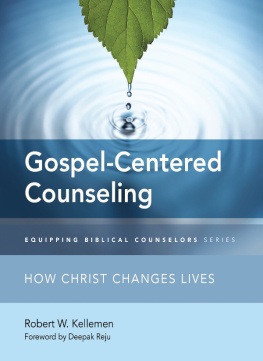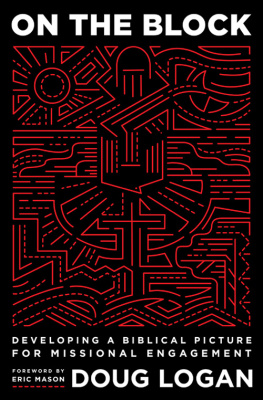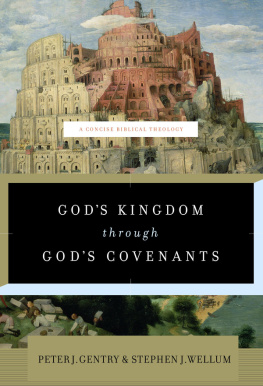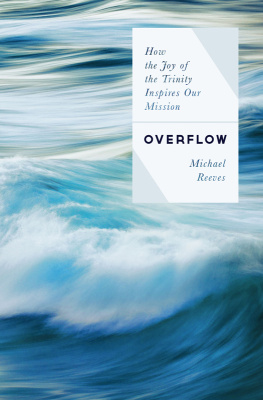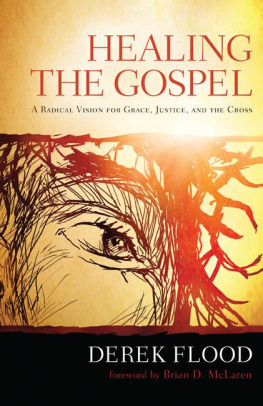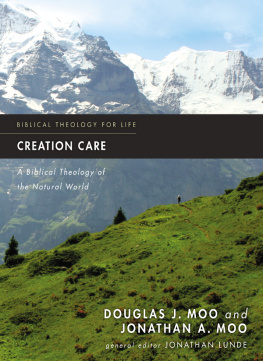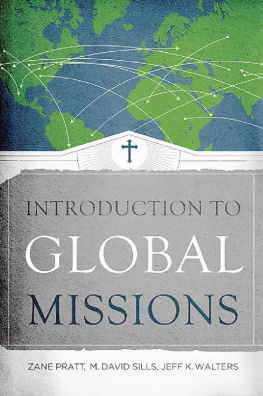Shalom : Gods Ultimate Purpose for the World
Modern Medical Mission in the Islamic Context
Dae-Young Lee
Preface by Jerry M. Ireland
Shalom: Gods Ultimate Purpose for the World
Modern Medical Mission in the Islamic Context
Copyright 2021 Dae-Young Lee. All rights reserved. Except for brief quotations in critical publications or reviews, no part of this book may be reproduced in any manner without prior written permission from the publisher. Write: Permissions, Wipf and Stock Publishers, W. th Ave., Suite , Eugene, OR 97401 .
Wipf & Stock
An Imprint of Wipf and Stock Publishers
W. th Ave., Suite
Eugene, OR 97401
www.wipfandstock.com
paperback isbn: 978-1-6667-1441-8
hardcover isbn: 978-1-6667-1442-5
ebook isbn: 978-1-6667-1443-2
09/17/15
Scripture quotations marked (NASB) are taken from the (NASB) New American Standard Bible, Copyright 1960, 1971, 1977, 1995, 2020 by The Lockman Foundation. Used by permission. All rights reserved. www.lockman.org
Scripture quotations marked (NIV) are taken from the Holy Bible, New International Version, NIV. Copyright 1973, 1978, 1984, 2011 by Biblica, Inc. Used by permission of Zondervan. All rights reserved worldwide. www.zondervan.comThe NIV and New International Version are trademarks registered in the United States Patent and Trademark Office by Biblica, Inc.
Scripture quotations marked (KJV) are taken from The Authorized (King James) Version. Rights in the Authorized Version in the United Kingdom are vested in the Crown. Reproduced by permission of the Crowns patentee, Cambridge University Press
Dedicated to my beloved wife, Hyun-Jung Seo, and sons, Ji-Woo and Ji-Min, who are always with me for the mission of God.
For thus says the LORD, Behold, I extend peace to her like a river, And the glory of the nations like an overflowing stream; And you will be nursed, you will be carried on the hip and fondled on the knees.
Isaiah : NASB
Preface
I n the world of Christian compassionate missions, and, more precisely, the world of Christian medical missions to the Arab world, pitfalls abound. There exists the ever-present danger of doing medical missions merely as a platform, and thereby disingenuously. Or, more palatably to the non-Christian world, one might engage in medical work in a foreign land that has no genuine Christian content because there exists no explicit link to the gospel. Additionally, medical mission efforts have too often subverted, ignored, or dismissed local medical professionals, guidelines, and government regulations, putting the missionaries at odds with civil authorities in ways incompatible with the gospel and with truth. Paternalistic tendencies, especially among western mission workers have at times resulted in the sending of so-called medical teams that lacked even basic medical and missionary training.
These far-too-common shortcomings in medical mission work have minimally left a dark stain on the church but also raised (further) questions as to the legitimacy of the entire mission enterprise. If Christians cannot show compassion to the most needy and vulnerable, especially the sick, in ways that are Christ-honoring, culturally considerate, and carried out with honesty and integrity, then is there any hope at all for Christian cross-cultural efforts?
A large part of the problem when it comes to Christian medical missions is that these mission efforts seldom are carried out by those who have the multiple levels of expertise neededthat is, legitimate medical credentials, solid biblical-theological training including an understanding of biblical languages, and a more than rudimentary grasp of the complex issues that make up the discipline of missiology. This is precisely why this text you now hold proves so crucial. Dae Young Lee meets (and excels) in all of these disciplines and thereby not only provides sound biblical guidance on medical missions but does so in a way that keeps the churchs evangelistic efforts central.
By focusing on and unpacking the deep theological concept of shalom and noting both its bridges to and divergence from Muslim concepts of peace, Lee offers an insightful take on what is sure to be a major focus of Christian mission in the twenty-first century. He calls on Christian medical mission organizations and personnel to acknowledge and repent of their sometime wayward efforts, such as having built kingdoms of individual mission agencies which disempowered local indigenous churches and their leadership. The question of what medical mission work might look like viewed through a lens of indigeneity has rarely been asked and seldom answered to a satisfactory degree. This, though, is where this text shines brightest. Dae Young is unafraid to point to areas of neglect and shortcoming in medical missions because he is convinced by Scripture that there must be a better, more Christ-honoring way.
I heartily recommend this book for all whose Christian faith intersects in any way with medical missions. Church leaders, pastors, and mission boards who support medical missionaries should read this book to gain better insight into what kinds of activities are worthy of support and what kind need reconsideration or revision. Mission leaders who appoint, oversee, and send missionaries should read this book to gain clarity about what medical mission to the Arab world might look like when done in line with sound missiological principles. Missionaries who engage in medical missions of any kind should read this book for its biblical grounding, its missional principles, and its practical application. And students considering medical missions should read this book in order to better understand before they begin how to engage in this important need and to do it with excellence.
Jerry M. Ireland, PhD
Acknowledgments
M y deepest gratitude goes to my mentor, Dr. Jerry M. Ireland, Dr. Edward L. Smither, Dr. David G. Cashin, and Dr. Roy King. This book would not have come together without their thoughtful advice. I am greatly indebted to them.
Abbreviations
ABCD Asset-Based Community Development
CANs Creative Access Nations
CHE Community Health Evangelism
HOME Health Outreach to the Middle East
MDGs Millennium Development Goals
NASB New American Standard Bible
NGOs Non-Governmental Organizations
NIV New International Version
SDGs Sustainable Development Goals
STMs Short-Term Missions
UNHCR United Nations High Commissioner for Refugees
WHO World Health Organization
YWAMYouth With A Mission
Introduction
S halom is Gods ultimate purpose toward the world that he created. The message of shalom is a great blessing promised by God and is realized through the reconciling ministry of Christ Jesus. The main theme of the biblical narrative is Gods mission, the missio Dei . That is, God sends his people to invite the lost to his Kingdom, as Christopher J. H. Wright indicates:
So the phrase originally meant the sending of Godin the sense of the Fathers sending of the Son and their sending of the Holy Spirit. All human mission, in this perspective, is seen as a participation in and extension of this divine sending.
Christian mission to experience shalom by opening their eyes to see Jesus breaking the bondage of hopelessness and hatred. Christian medical mission is a well-established means of both sharing the Gospel with unreached people and providing health care to those in need. Despite its long history of service in Christian mission, there is a lack of evaluation concerning the current medical mission principles and strategies. Collaboration between long-term and short-term medical missions should be well-established, as they complement each other for more effective impact on local individuals and communities.


